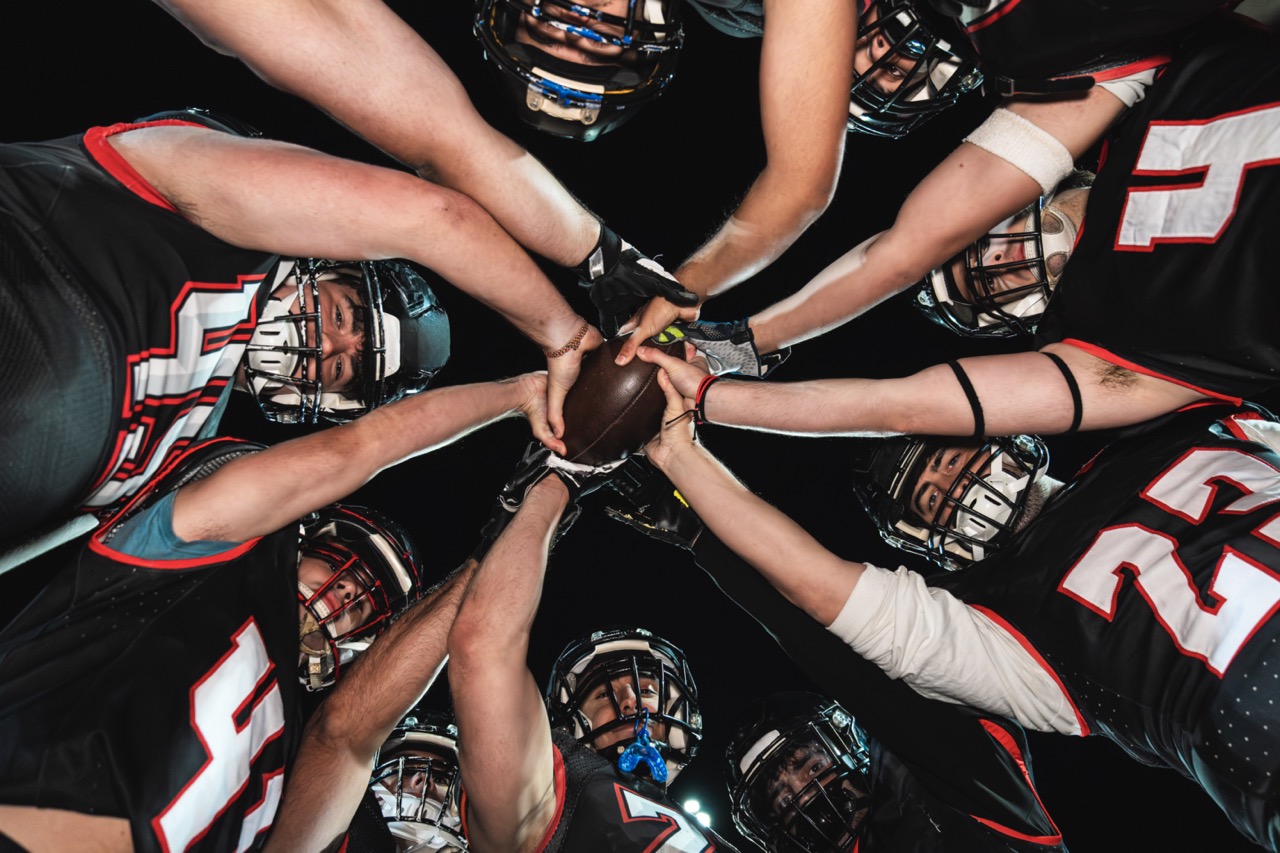Episode 104: Student-Athletes Explain the Benefits of Mental Performance Coaching

Mental performance coaching is gaining momentum across sports, and for good reason. While physical training and skill development are essential, today’s top athletes are discovering that mindset is the real game-changer. In this post, we highlight the voices of four athletes—Anson Zaiser (baseball/hockey), Remi Werden (softball), Malachi Lowe (basketball), and Ryland Holt (pro basketball)—who have experienced firsthand how mental performance coaching can transform not just their game, but their lives.
Why Mental Performance Coaching Matters
Athletes spend countless hours practicing their sport and building their bodies in the weight room. But how much time do they spend intentionally training their minds? Mental performance coaching bridges the gap between physical ability and game execution, helping athletes develop the crucial third skill set: mental toughness.
As Coach Matt Thomann explains, “If you want to be really successful at a sport and get the most out of it, there are three skill sets you need: game skills, physical skills, and mental skills. Of the three, mental skills are the most transferable beyond sports.”
Real Growth, Real Voices
Embracing a Positive Experience
Anson Zaiser came to coaching looking for a way to clear his head and control his thoughts:
“I was just looking for a place to start… to not get in my head as much, you know, and like just strive as a person too. Like being able to control certain situations and whatnot.”
Through exercises like deep breathing and focusing on what he can control, Anson found a way to manage stress and perform with more confidence.
Building Confidence and Perspective
Remi Werden, a high school softball catcher, shared how mental performance coaching helped her grow both on and off the field. She learned to handle pressure, bounce back from mistakes, and maintain a positive outlook, all of which contributed to her increased confidence.
Channeling Focus and Handling Adversity
Malachi Lowe, a high school point guard, described how coaching helped him stay composed during tough moments:
“On the court, I’m able to channel things a lot better… handle situations better. For example, missing shots and not hanging my head or a ref… not getting mad about that, not getting upset about not playing as much or someone yelling in the stands. I’m able to channel that a lot better.”
He also noted that stepping out of his comfort zone and talking about his experiences made a big difference for his mental health and performance.
Growth for All Levels
Ryland Holt, a professional basketball player, emphasized that mental performance coaching isn’t just for struggling athletes. Even those performing at a high level can benefit from sharpening their mental skills to gain that extra edge.
Why Parents Shouldn’t Hesitate
A key takeaway from these athletes is that parents shouldn’t be afraid to invest in mental performance coaching for their children. Working on mental skills isn’t just for athletes facing challenges—it’s for anyone who wants to grow. As Coach Thomann notes, “Anytime we work on something, we improve at it, and this is true for both confidence and mental health.”
What Mental Performance Coaching Looks Like
- Breathing and Mindfulness: Techniques to calm nerves and stay present
- Focusing on Controllables: Learning to direct energy toward what you can control
- Positive Self-Talk: Building a resilient inner voice
- Gratitude and Perspective: Encouraging a growth mindset and appreciation for the journey
The Lasting Impact
Mental performance coaching helps athletes become better players, better teammates, and ultimately, better people. The skills they learn—focus, resilience, confidence, and self-awareness—transfer to every area of life, from school to relationships to future careers.
If you’re a parent, coach, or athlete, consider making mental skills training a priority. The benefits go far beyond the scoreboard.
Interested in learning more about Mental Mettle Coaching?
Contact: coachthomann@gmail.com
Visit: www.mentalmettlelifecoaching.com
Are you ready to forge your mettle?
More From Mental Mettle

Hope as a High-Performance Skill: How to Build Mental Toughness Before Life Falls Apart

Episode 132: The Power of Hope with Derek Gordon

Episode 125: Sleep is Your Mental and Physical Superpower

Episode 131: Way of the Warrior: Leadership Coaching with SGT. Brett Miller

Episode 130: Happy Thanks"taking"

